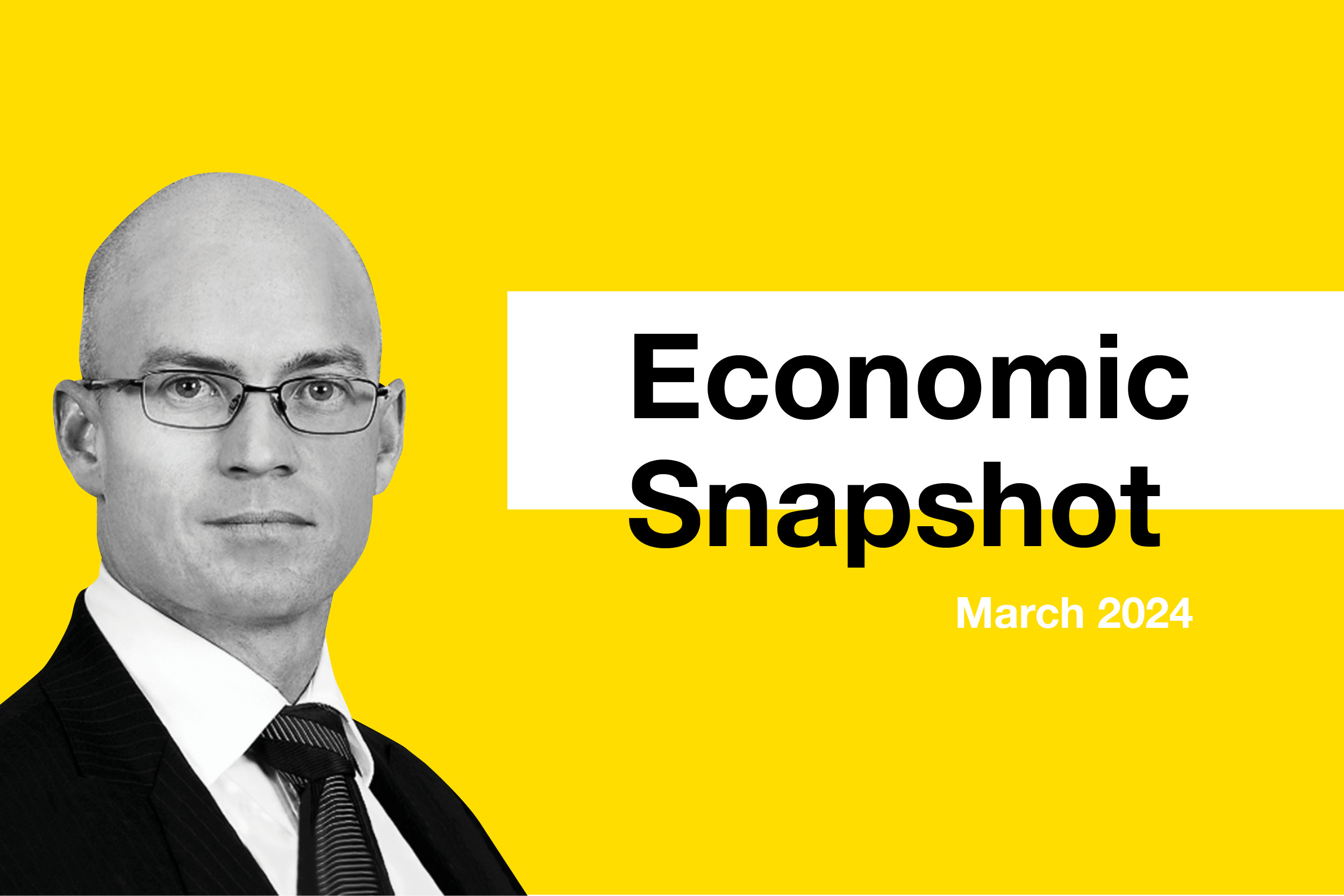
Up until last weekend the widely held belief was the spread of the coronavirus was largely under control. Nearly all cases appeared to be in China and the quarantines put in place, including travel bans, would likely result in containment and only small but limited short term economic impact. Alongside of this, the mortality rate of coronavirus appears relatively low when compared to other frightening diseases in history such as Ebola, SARs, or the flu epidemic of the early 1900s.
Unfortunately over the weekend it became clear Coronavirus was spreading to other areas around the world with significant outbreaks in Italy, South Korea, and Iran. This has resulted in the World Health Organisation shifting closer to declaring a “Pandemic” but equity markets around the world declaring one a little earlier on Monday which has resulted in declines of up to 7% in just 2 days of trading this week. Up until this week, equity markets had not reacted strongly to this threat and it appears they are now in catch-up mode.
Looking ahead over the next few weeks and perhaps months, from a markets and economic perspective, the coronavirus is all that matters and will be the primary factor. It will disrupt the global economy because:
- The coronavirus epicentre, China, is now the second largest economy in the world playing a massive role in global manufacturing. Global production of goods, even outside China, has a heavy reliance on Chinese components and this includes parts for the health industry whcih we will rely on to combat coronavirus
- Central bank interest rates are already very low so have limited ability to stimulate economies
- Developed economies have been reluctant to exercise fiscal expansion due to their focus on budget surpluses and we hope this populist stance will surely change
We have already seen large companies, including one of the biggest of them all, Apple, announce production interruptions.
Until coronavirus is contained, peters out, or a vaccine is produced; the global economy will be much weaker than prior to the outbreak but unfortunately, we don’t know for how long or how bad. Because of this, predicting the size of this impact on markets and the economy appears impossible.
Whilst there is every chance the coronavirus news will get worse before it gets better resulting in weaker equity markets, as soon as the news turns positive, equity markets are also likely to react very strongly in the positive. So, we issue strong caution because whilst selling equity market positions today might appear a smart move in the short-term there is a very high chance of missing the upswing and reducing the chances of longer-term higher returns. Attempting to time the market around what is an unpredictable outcome very rarely works out well.
The history of pandemics, crashes, and shocks, has shown that most investors exit the market when its too late, re-enter the market when its too late, and are generally better off staying the course and accepting the higher volatility. So if you are a long term investor without the need to access capital it is generally best to avoid market timing and focus on whether your portfolio is positioned appropriately to reach those long term objectives.
Latest News Articles
Back to Latest News
Economic Snapshot – March 2024

New increased super contribution caps


